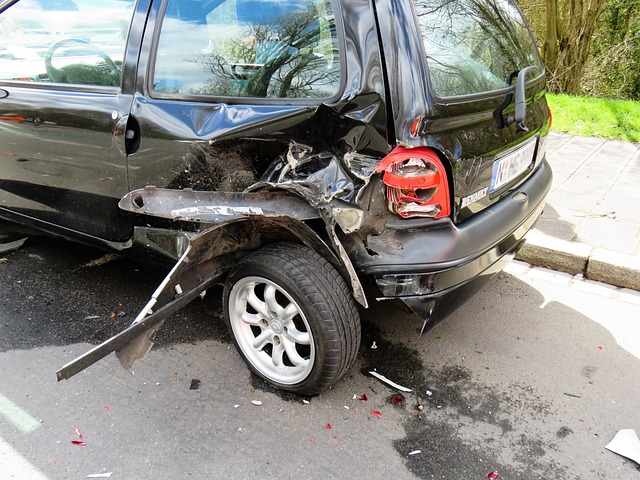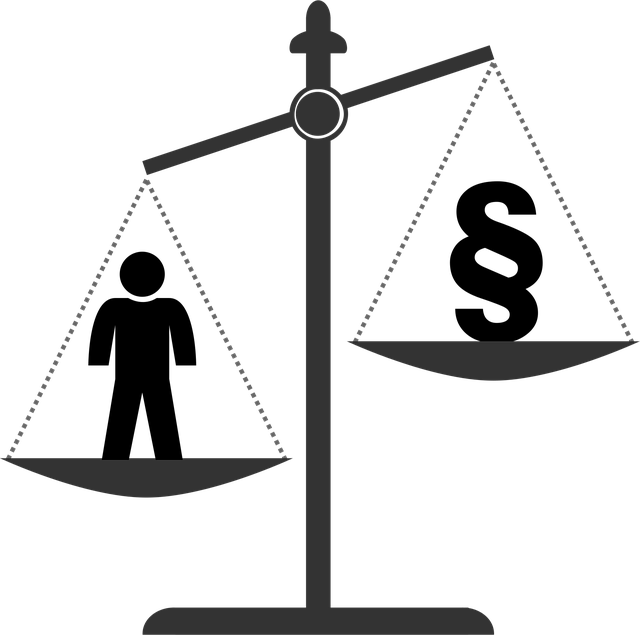After a boat accident in Peoria, victims should prioritize safety, seek immediate medical care, document evidence, and promptly consult an experienced maritime law attorney specializing in Peoria Boat Accident Lawsuits. This ensures understanding of legal rights, compensation for damages, and timely filing within stringent statute of limitations.
In the event of a boat accident in Peoria, understanding the local laws is crucial. This article guides you through navigating a Peoria boat accident lawsuit, offering insights into key legal aspects. We explore the steps for filing a claim, from immediate actions after a crash to the compensation available for injuries sustained on waterways. By familiarizing yourself with Peoria Boat Accident Lawsuit procedures, you can ensure a fair outcome and protect your rights.
- Understanding Boat Accident Laws in Peoria
- Filing a Claim: Steps After a Boat Crash
- Compensating for Injuries Sustained on Waterways
Understanding Boat Accident Laws in Peoria

In Peoria, boat accident laws are governed by both state and federal regulations, making it crucial for individuals involved in such incidents to understand their rights and legal options. When a boating accident occurs, whether on a lake, river, or within Peoria’s waters, victims may be entitled to compensation for medical expenses, property damage, and pain and suffering. The first step is to gather evidence, including witness statements, photographs of the scene and damages, and any relevant safety equipment records.
A Peoria Boat Accident Lawsuit can be complex due to varying liability factors—from operator negligence to vessel maintenance issues. It’s advisable to consult with an experienced attorney who specializes in maritime law to navigate these waters. They can help victims understand their case strength, file the necessary paperwork, and represent them throughout negotiations or court proceedings.
Filing a Claim: Steps After a Boat Crash

After a boat accident in Peoria, the first step is to ensure everyone’s safety and seek immediate medical attention for any injuries. Once that’s taken care of, document the scene with photos, gather contact information from witnesses, and collect evidence related to the incident. This could include damage to the vessels involved, maintenance records, weather conditions, or any other relevant details.
Next, consult an experienced attorney specializing in Peoria boat accident lawsuits. They will guide you through the legal process, help file a claim with the proper insurance companies, and represent your interests if negotiations fail. It’s crucial to act promptly; there are often time limits for filing claims related to boating accidents, so don’t delay in seeking professional assistance.
Compensating for Injuries Sustained on Waterways

When you’re dealing with the aftermath of a boat accident in Peoria, understanding your legal rights and options for compensation is crucial. If you’ve suffered injuries while on Peoria’s waterways, a Peoria Boat Accident Lawsuit can help ensure you receive fair and just reimbursement for medical expenses, pain and suffering, lost wages, and other related damages.
In such cases, it’s essential to document all costs associated with your recovery and consult with an experienced lawyer who specializes in maritime law. They will guide you through the legal process, helping you navigate the complexities of navigating a lawsuit while focusing on your physical and emotional well-being. Remember, timely action is vital; statutes of limitations apply to these cases, so don’t hesitate to take a dive into your legal options promptly.
Navigating Peoria boat accident laws and filing a lawsuit is a crucial step in seeking justice and compensation after a watercraft crash. By understanding your rights and following the proper procedures outlined in this article, victims can ensure they receive fair compensation for their injuries. If you’ve been involved in a boating incident, don’t hesitate to take a dive into your legal options—it could be a game-changer in your journey towards recovery and reconciliation.
